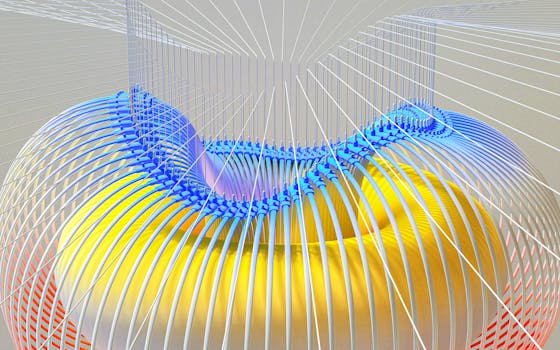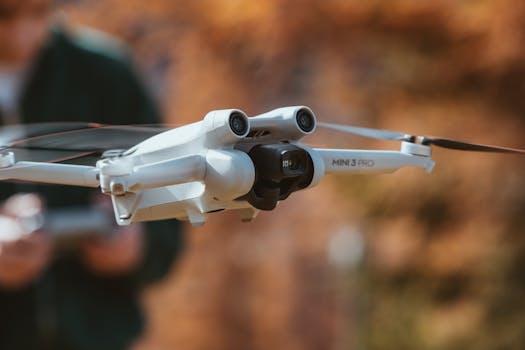
Takeaways
- Mechanical engineering has evolved significantly from ancient tools to advanced technology.
- Key innovations, like the steam engine and modern robotics, have transformed industries.
- The future of mechanical engineering promises exciting advancements in automation and sustainability.
The Ancient Foundations of Mechanical Engineering
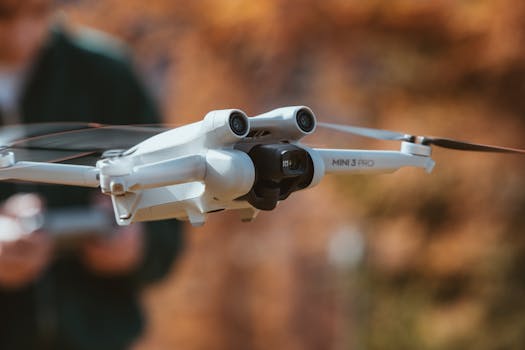
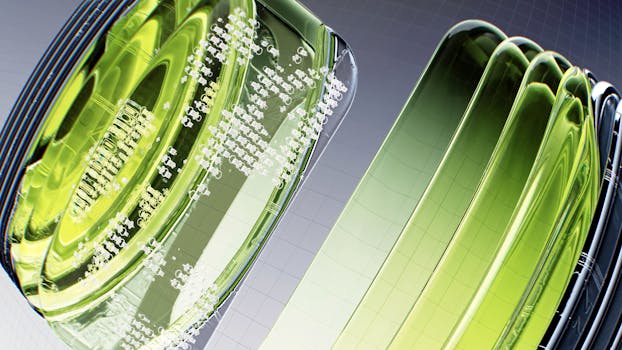
The Greeks, particularly Archimedes, made significant contributions to the field with inventions such as the Archimedean screw, which was used for raising water. Similarly, the Romans perfected the use of aqueducts and watermills, showcasing their engineering prowess. The invention of the wheel around 3500 BC in Mesopotamia is often cited as a pivotal moment in mechanical engineering, serving as a fundamental component in various machines and tools.
Through the Middle Ages, mechanical engineering continued to develop, particularly in the design of catapults and windmills. The introduction of gears and clocks in medieval Europe marked a significant advancement, leading to more complex machinery and a deeper understanding of mechanical principles. This era laid the groundwork for the innovations that would follow during the Renaissance.
The Renaissance and the Birth of Modern Engineering
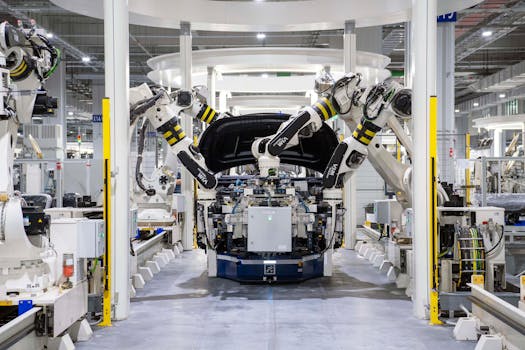
In the late 17th century, the development of calculus by Isaac Newton and Gottfried Wilhelm Leibniz provided the mathematical foundation necessary for engineering analysis. This period also saw the invention of the steam engine by Thomas Newcomen and later improved by James Watt in the 18th century. The steam engine revolutionized transportation and manufacturing, leading to the Industrial Revolution.
The Industrial Revolution, which began in the late 18th century, marked a significant turning point in mechanical engineering. Factories emerged, and with them came the need for more efficient machinery. Innovations such as the spinning jenny, power loom, and locomotives transformed industries and societies. Mechanical engineering became a recognized profession, and educational institutions began to emerge, formalizing the study of engineering principles.
The 20th Century and Beyond: The Age of Automation

In recent years, the focus has shifted towards sustainability and renewable energy. Mechanical engineers are now tasked with designing systems that minimize environmental impact while maximizing efficiency. The rise of electric vehicles, wind turbines, and solar panels illustrates the growing importance of integrating mechanical engineering with environmental considerations.
Furthermore, the field of mechanical engineering is continuously evolving with advancements in materials science, nanotechnology, and artificial intelligence. These technologies offer exciting possibilities for the future, such as smart materials that can adapt to their environment and autonomous machines that can perform complex tasks without human intervention.
Conclusion
